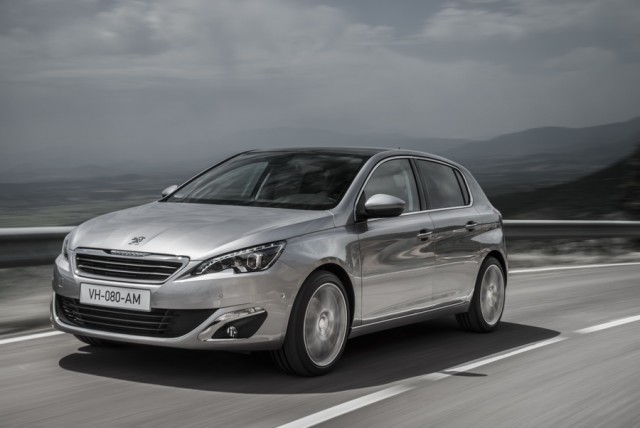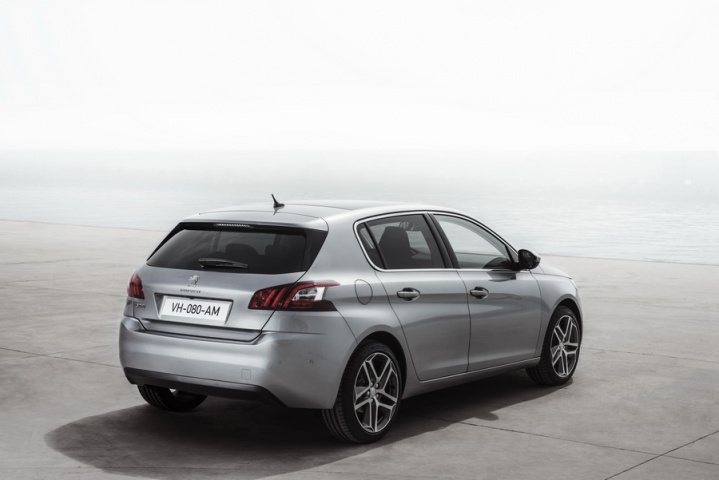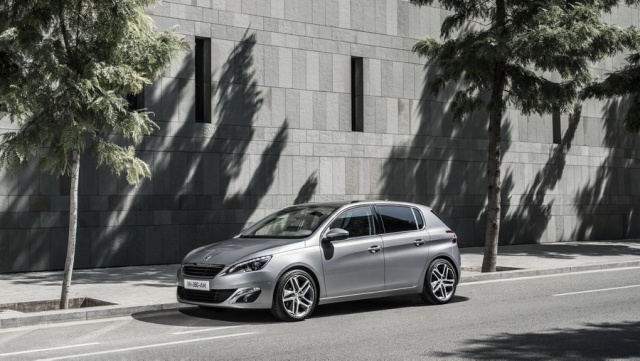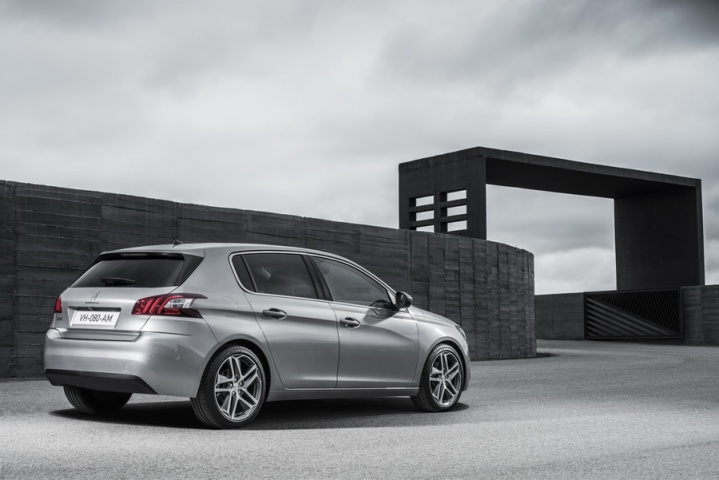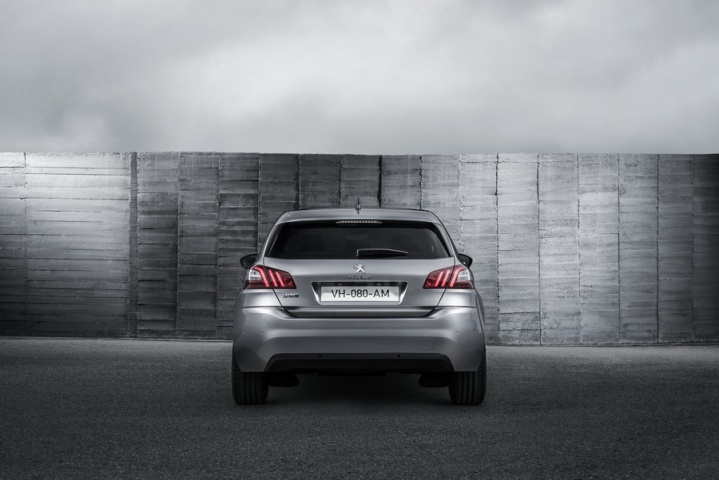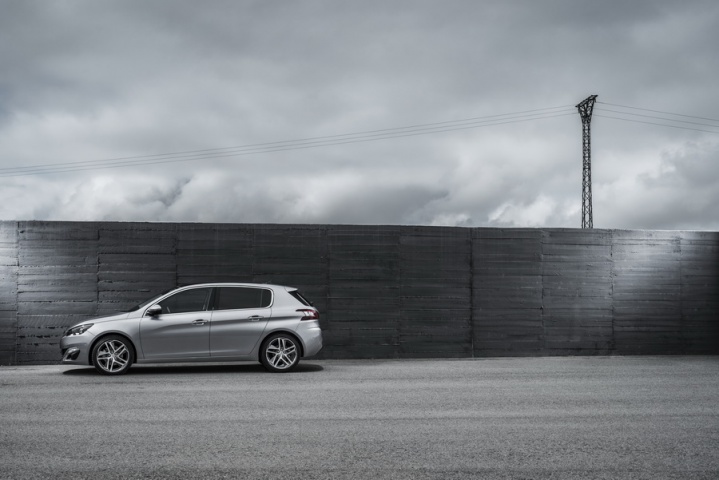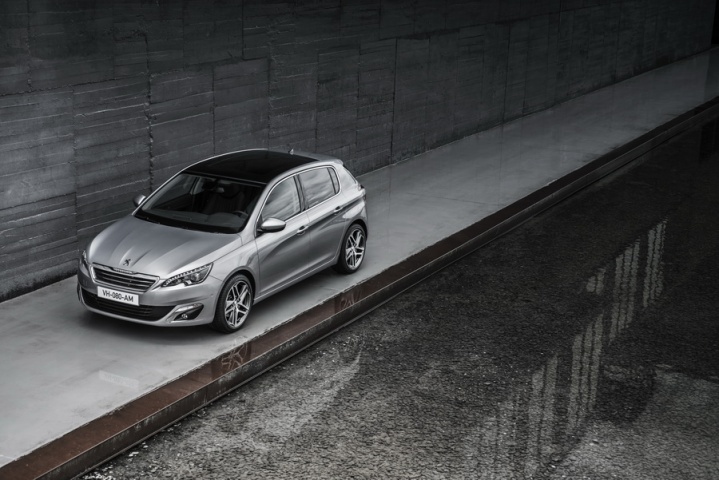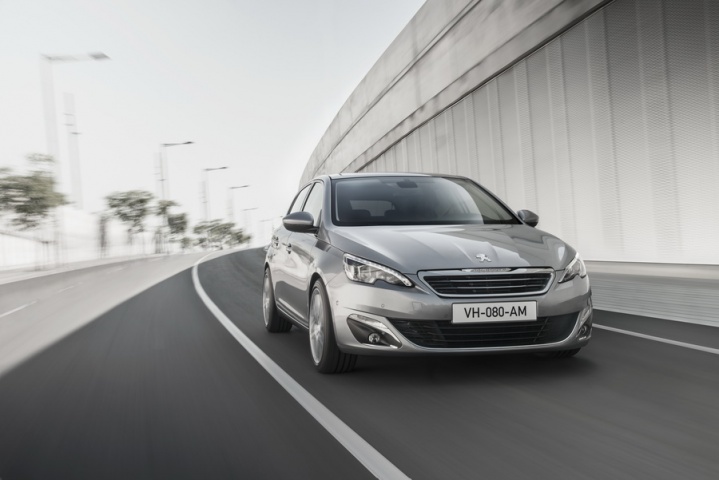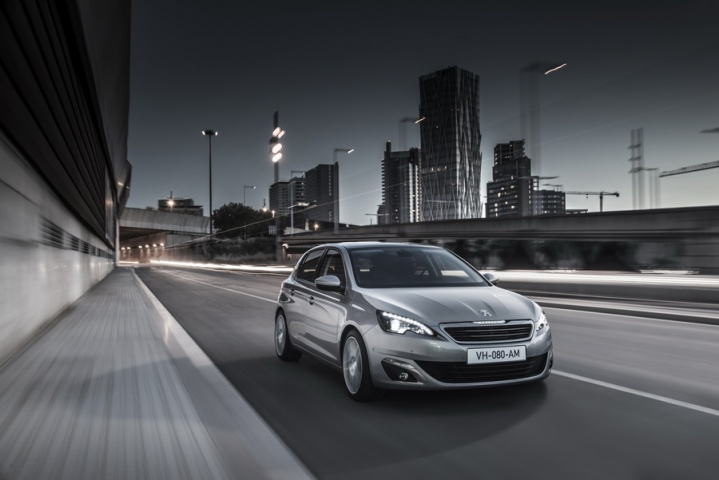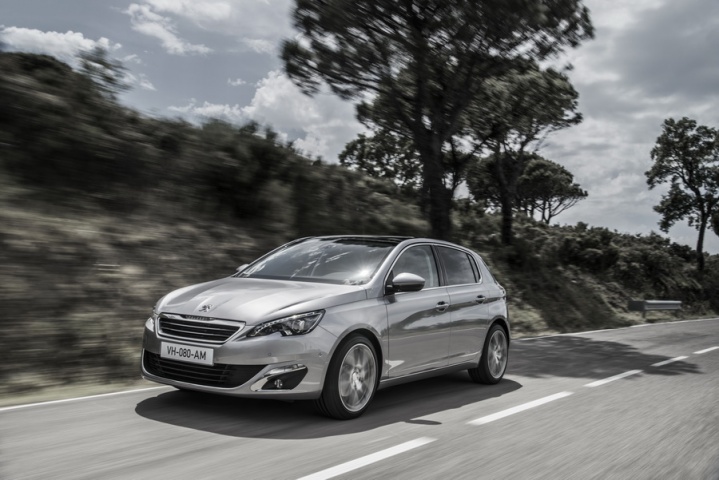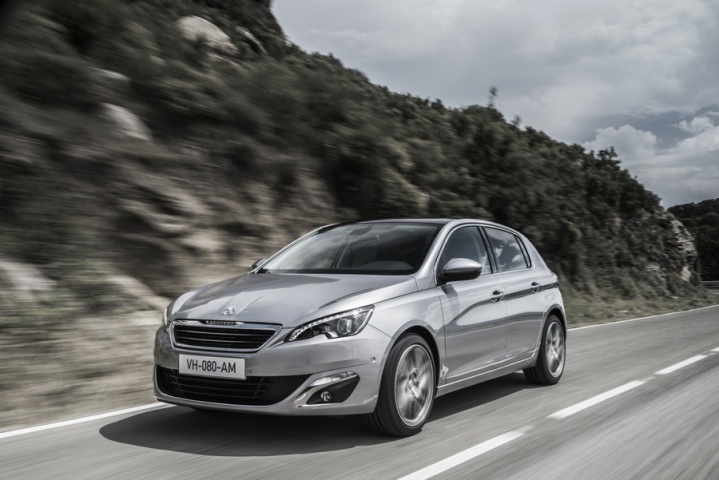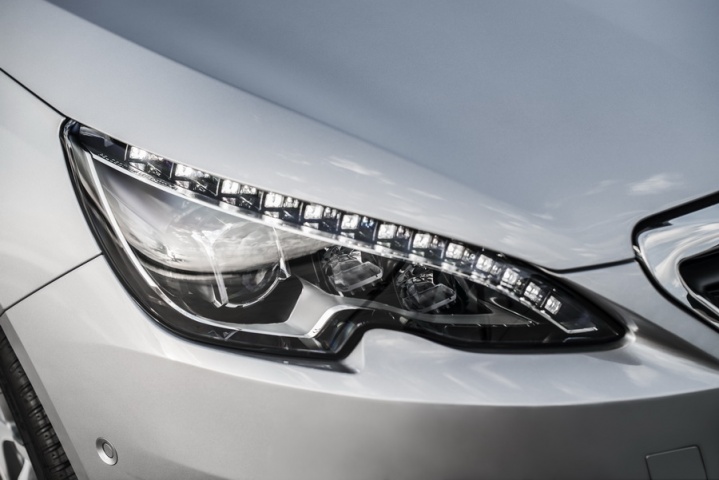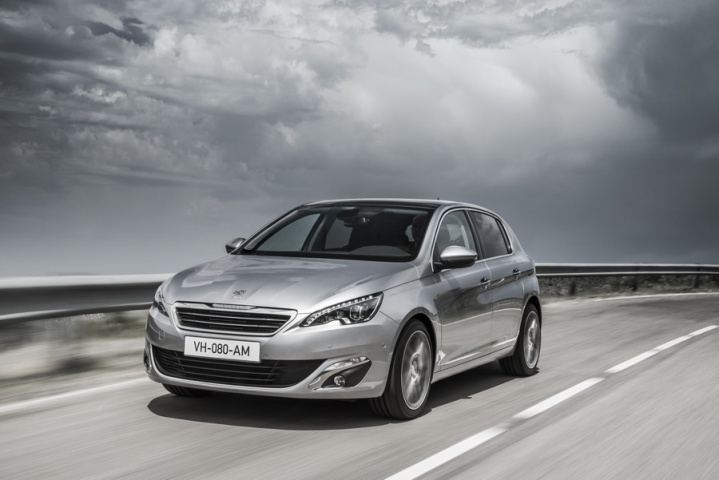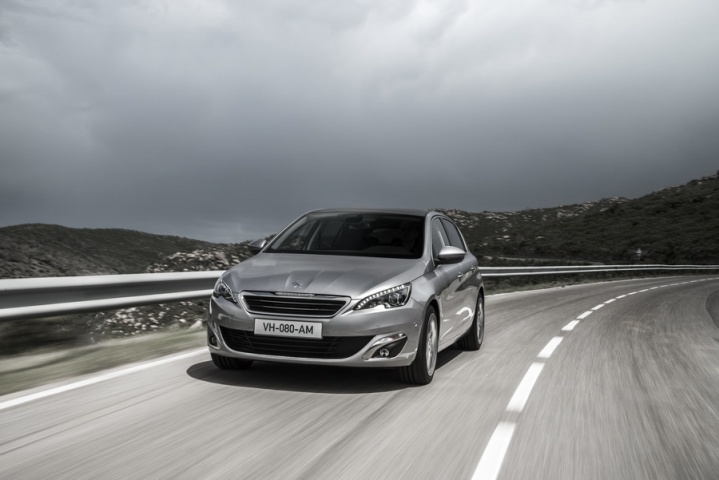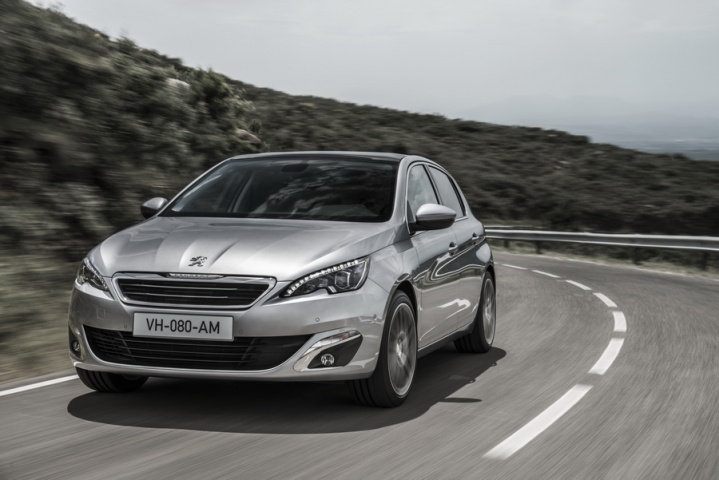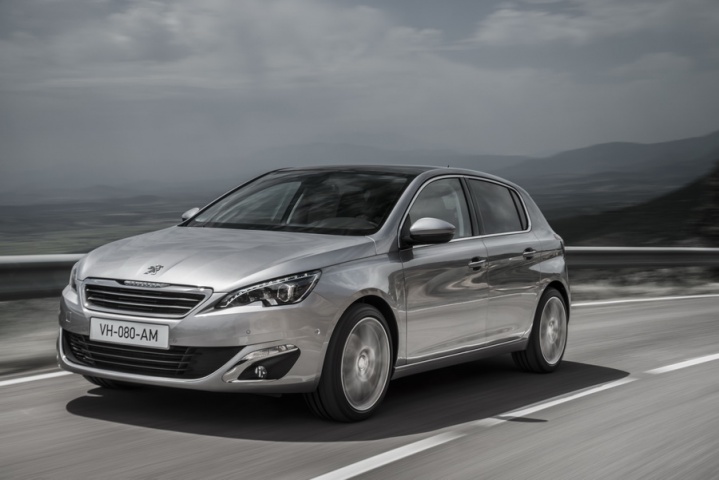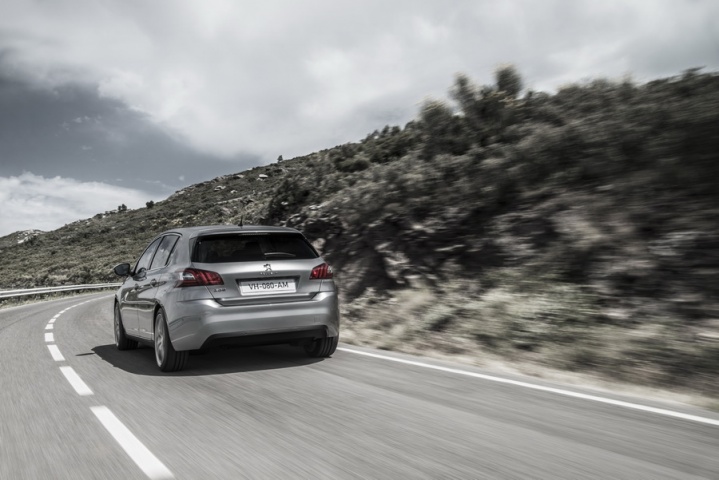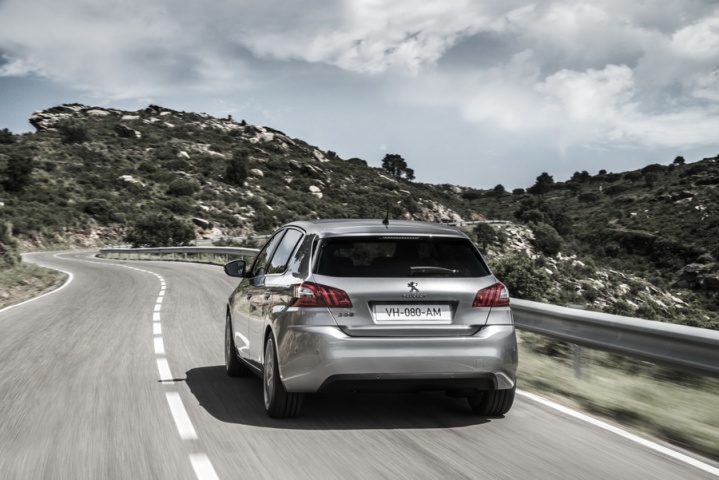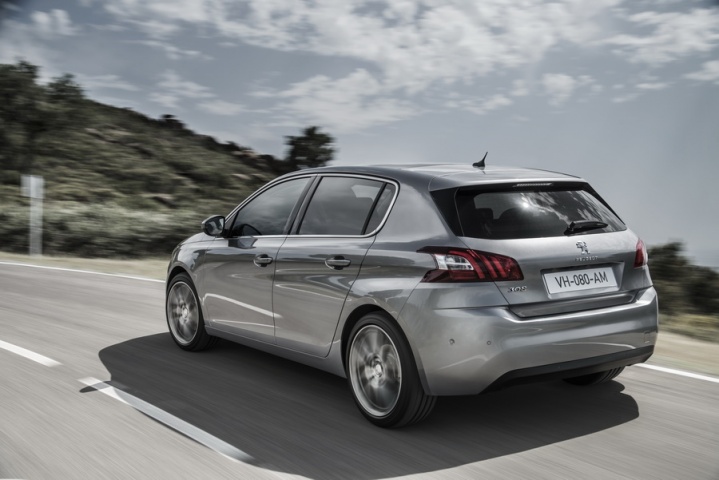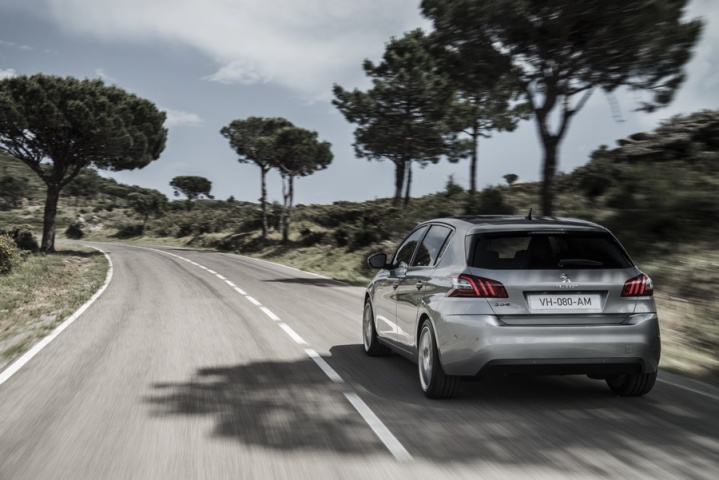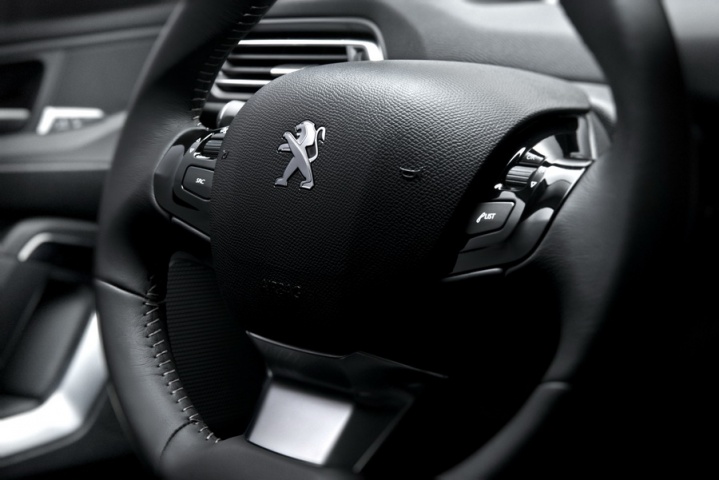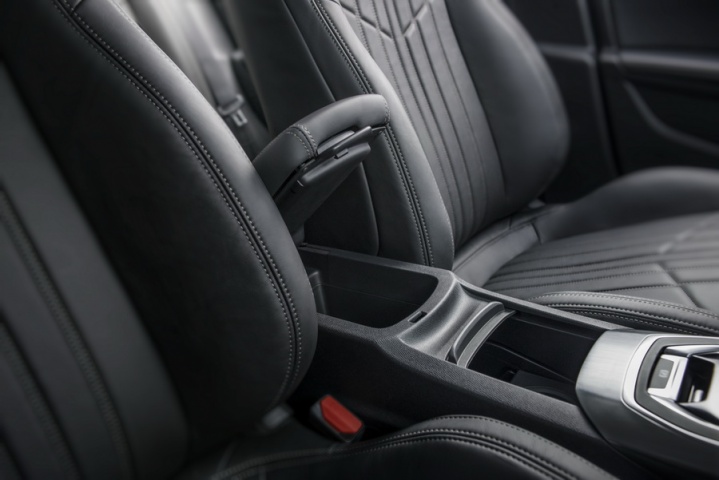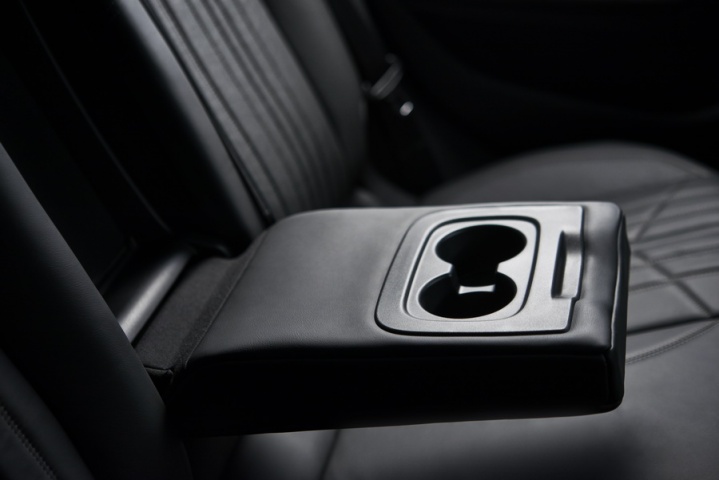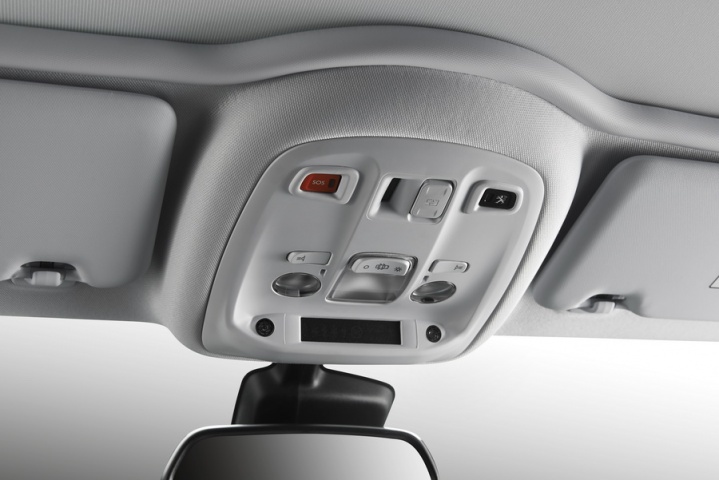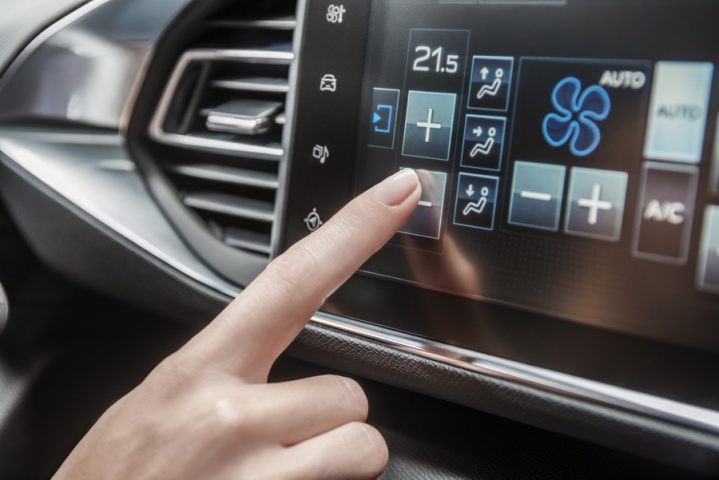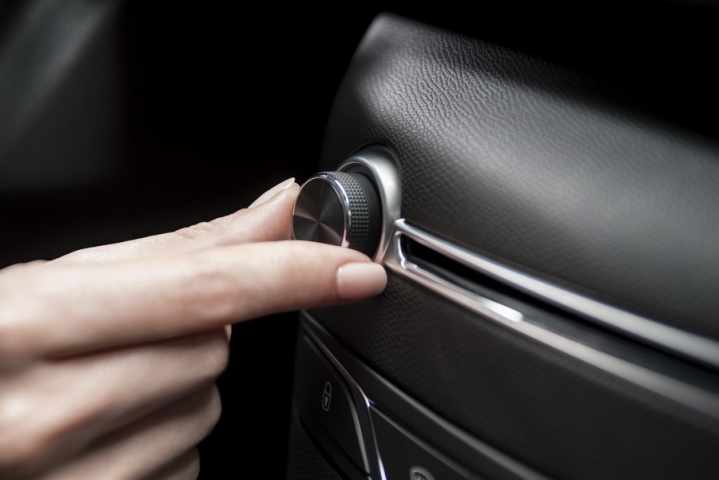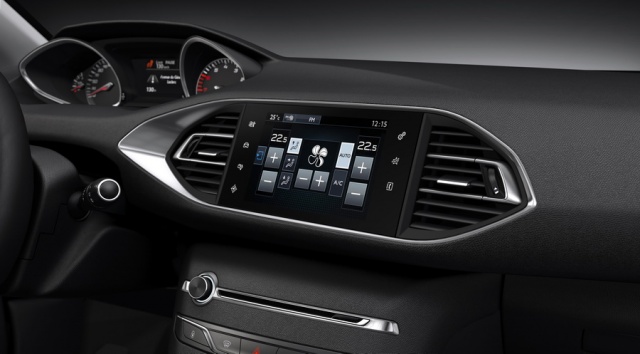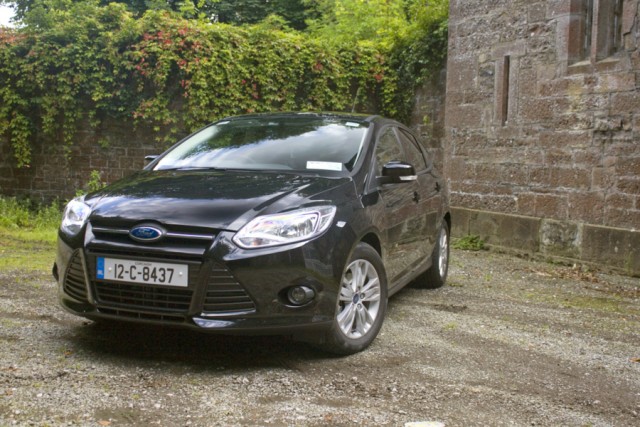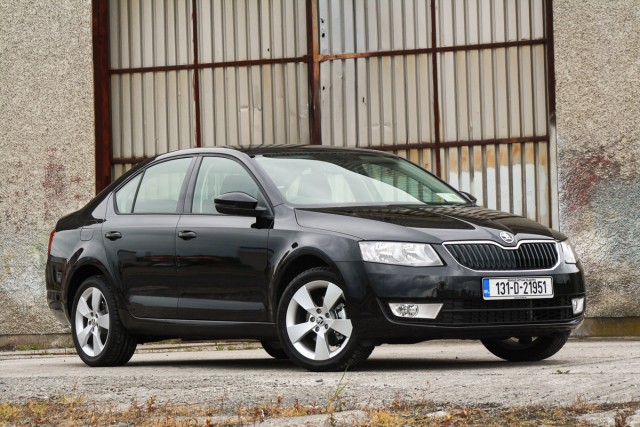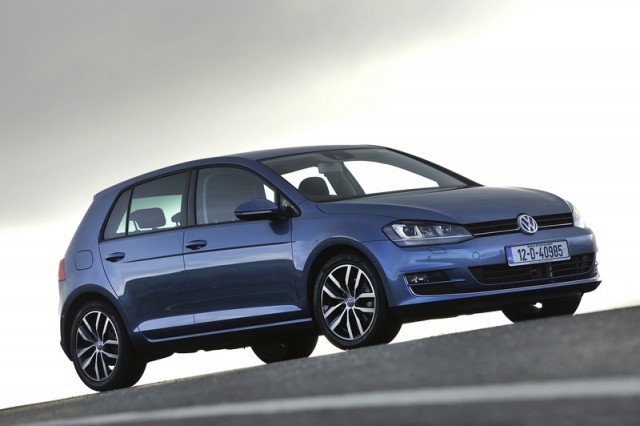Overall rating: 4/5
With the advancement of petrol engine technology, Peugeot becomes the latest manufacturer to offer a smaller petrol engine in its bigger hatchback. Enhancing this further is a new and much improved automatic transmission.
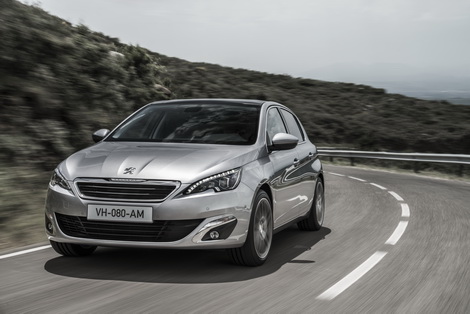
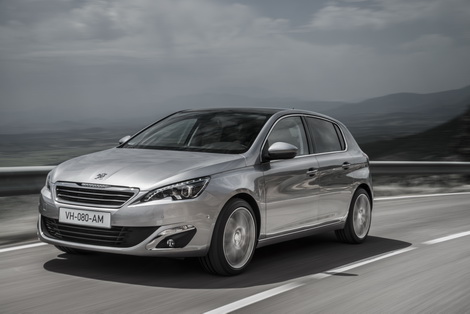
In the metal 4/5
The Peugeot 308 is one of the more handsome cars in the segment and even in lower levels of specification has a healthy degree of both presence and style. It is also in a segment that, at present, is dominated by sales of diesel engines, so introducing a new, downsized petrol option will face a bit of a battle to win many over. A form of this 1.2-litre engine was actually introduced in 2012, although back then it was just a naturally-aspirated version and appeared in the smaller 208. Peugeot has now fitted this engine with a turbocharger and it will power a number of models across the range.
In the 308, 110- and 130hp versions will be offered and here we are driving a version fitted with the latest EAT6 six-speed automatic transmission. This new unit features a host of changes aimed at improving its performance in terms of refinement and efficiency. A new integrated electronic oil pump, rather than a traditional external oil pump, saves 1kg in weight and retains oil pressure inside when the engine is off, making it compatible with the engine's start-stop system.
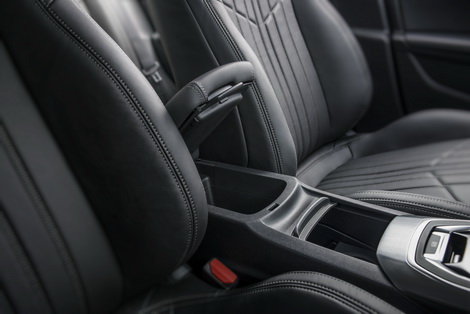
Driving it 4/5
Whether we like diesel or not, the smoother, quieter tone from turning the key on a petrol engine is always a touch more pleasant. Easing away from rest the refinement in the engine, even at slow speeds, is noticeable. Three-cylinder engines can be somewhat coarse, due to their natural unbalance, but Peugeot's engineers have installed a counter-balance shaft fitted with a sound damper to reduce vibration. It is also fitted with a wet belt system, whereby the timing belt is housed inside the engine casing and circulates through the sump. Peugeot claims it is quieter than a timing chain and can last up to 160,000km (or 15 years) before needing replacement.
The addition of a turbocharger means that the 308 is pulled along at a pace many might not expect from 'just' a 1.2-litre engine. It spins at up to 240,000rpm and can operate at temperatures up to 980 degrees Celsius. The result is surprisingly little turbo lag and a wide power band.
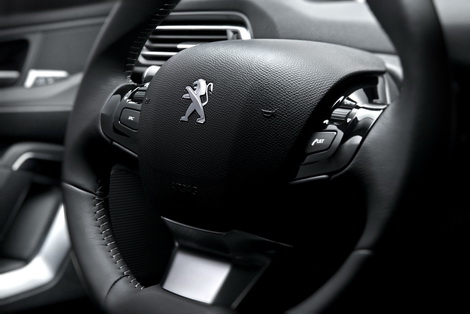
Equally impressive is the new six-speed EAT6 automatic transmission. Previously, such offerings from Peugeot were below par in comparison to similar products from other car makers, a point that the French firm has paid close attention to. Upshifts happen far smoother than before - according to Peugeot, with 20 per cent throttle applied, upshift time has improved by 55 per cent over the previous automatic offering. The downshifts are just as good too, with kick down times bettered to the tune of 25 per cent.
There is also the provision of paddle shifters should you wish to perform gear changes manually; however, in a car such as this there will be few occasions where we think you would want to. One slight annoyance with this is that the shifters are mounted to the steering column rather than the wheel; meaning if you did need to change mid-corner, for example, you would need to move your hand from the wheel. However, as I said, this is unlikely to be a common occurrence.
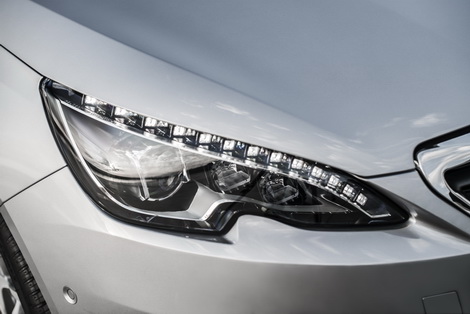
What you get for your Money
The 1.2-litre PureTech engine, depending on trim specification, comes in around €2,000 to €2,500 less than the similar diesel-engined car. The obvious argument is that the extra outlay would be recouped with increased fuel economy, but with petrol and diesel fuel prices far closer than in the past and with the added improvements in fuel efficiency from the PureTech engine, this argument now begins to falter. Add to that a difference of just €20 between the respective tax bands, as well as the PureTech's reduced cost of ownership in the long-term - with regard to servicing and parts - and it makes it even harder to justify the diesel purchase.
Summary
What's most important here is the fact that Peugeot has made this new automatic transmission perform so efficiently. Versus a manual gearbox, there is now just a 0.1 litre per 100km deficit between the two making fuel economy virtually as good. Emissions also fall, meaning that the 308 puts out 114g/km - good enough for tax Band A4. Bucking the trend that diesel is the best form of power in the modern car, Peugeot's new PureTech unit shows that not only can fuel economy from a petrol engine be almost as good; it can also now offer an automatic transmission that really competes with rival offerings.

